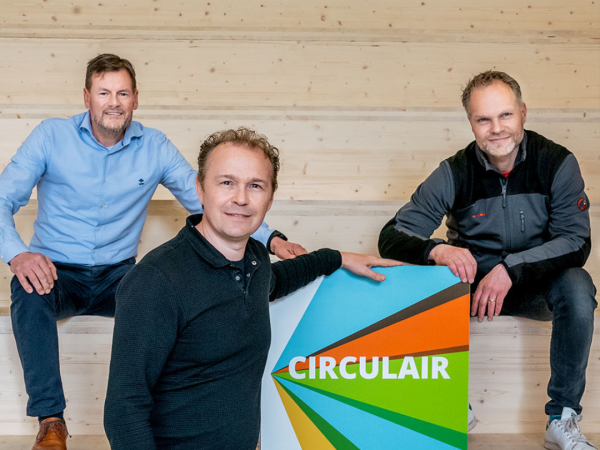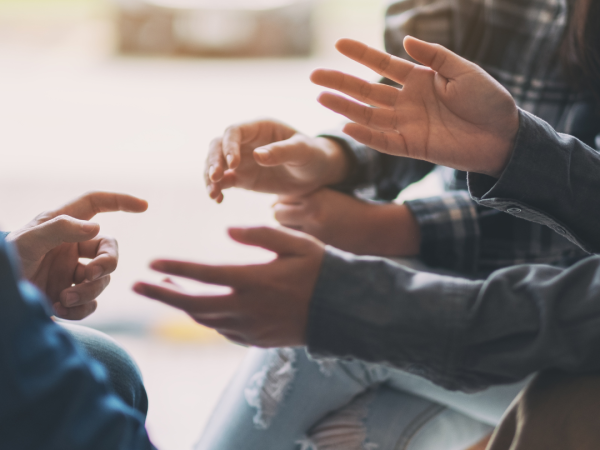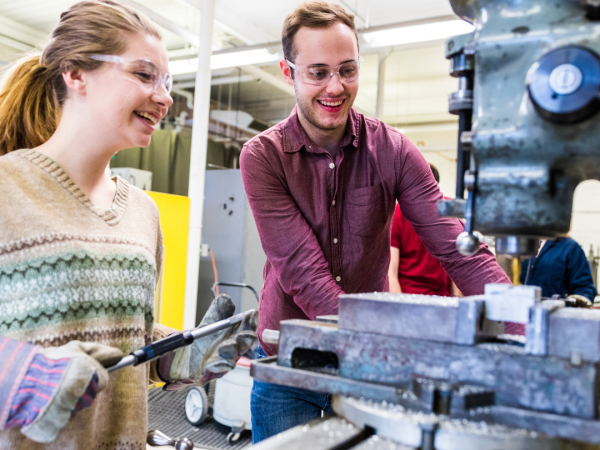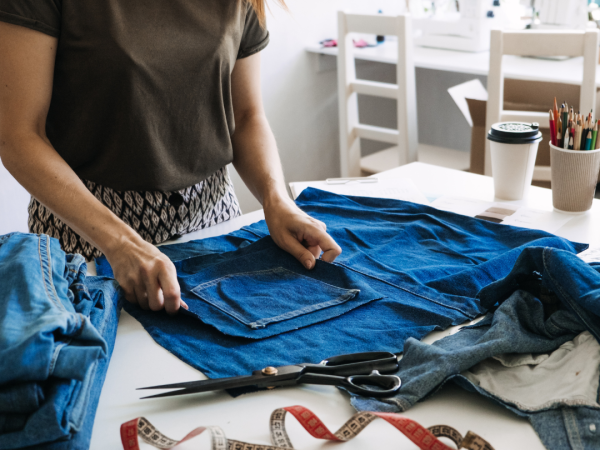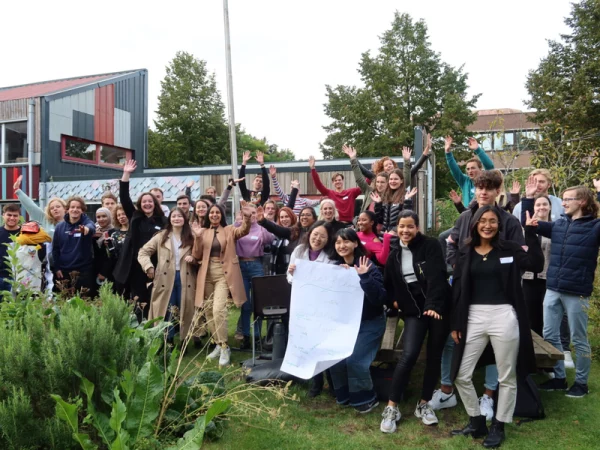Growing up and parenting in the 21e century makes a special appeal to teachers. It is important to discuss how you look at it as an individual and how you can mirror and reinforce each other as a team. These complex times, in which changes follow each other faster and faster, also require didactic forms that stimulate and retain the curiosity and motivation of young people. How do you organize that as a school?
Pedagogy is about one's own attitude as a teacher, about attention, about living for, about connecting. In light of sustainability issues, it is also about how to approach pupils and students in an open and curious way.
By didactics we mean the way you teach. Which teaching methods do you use and how do you create a learning environment in which students can explore what they find important and practice taking action for a sustainable world?
Questions to discuss with each other
- What keeps young people busy and how do we pay attention to it in an involved way?
- How do we help our pupils and students discover what is going on in the world?
- How do we create space for young people to discover what contribution they can and want to make to a sustainable world?
- In this regard, how do we encourage the creativity, entrepreneurship and talents of young people?
- What does this require of our attitude as teachers and as a team?
Keywords
- Attention and pre-living
- Experiential forms of work
- Curiosity, creativity
- Active, entrepreneurial, innovative
- Open and learning leadership
Inspiring projects
- MBO
- HO
- VO, MBO, HO
- VO, MBO
- MBO, HO
- MBO
- MBO, HO


